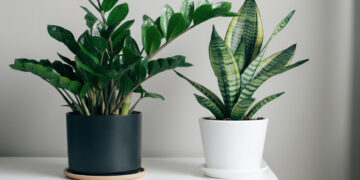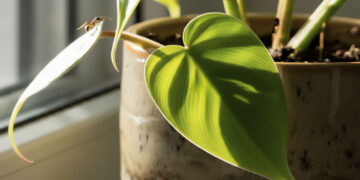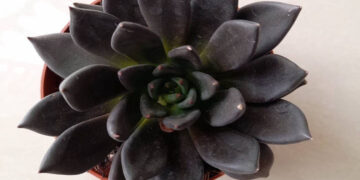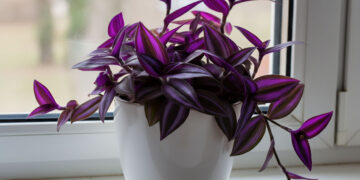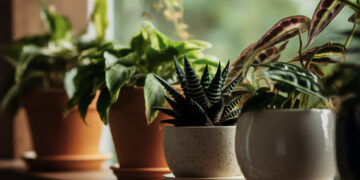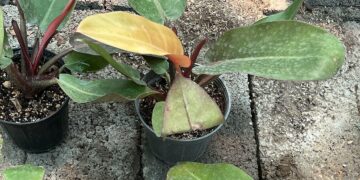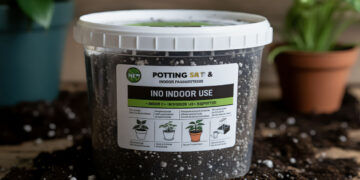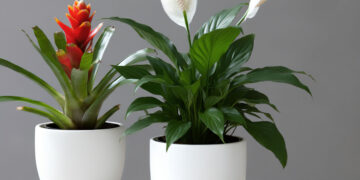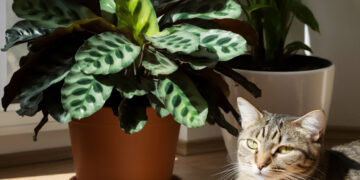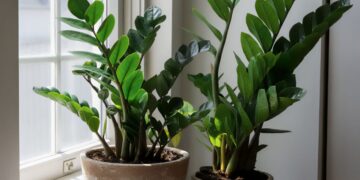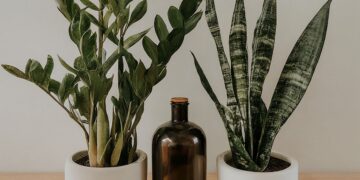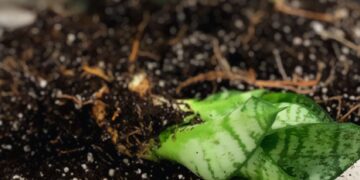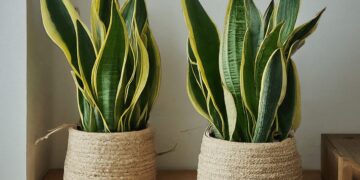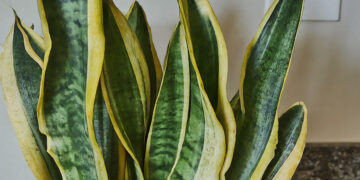
Before choosing a snake plant as a houseplant, it is better to be fully aware of its pros and cons. Let’s find out why snake plants are popular and what snake plants benefits and drawbacks are.
Positive aspects of snake plants
All types of Snake plants are lovely and attractive, but beauty is not the only reason for their popularity.
Indoor air purifier
Based on what I’ve heard from NASA’s Clean Air Study, snake plants are among the best indoor plants for freshening the air.
As a home succulent, the snake plant is a master of its craft and filters the air inside. The snake plant absorbs airborne toxins like CO2, formaldehyde, benzene, trichloroethylene, xylene, and toluene with its magical leaves and roots and turns them into safe substances.
So if you have a snake plant in your home or office, the air quality will improve, and you will breathe fresh air, and the risk of respiratory problems will drop.
Air filter while you sleep
What’s special about it compared to the rest of the plants is that it releases oxygen not only during the day but also at night, and there is no carbon dioxide. By having a snake plant in your bedroom, you can have a peaceful and deep sleep at night.
Natural humidifiers
What most people don’t know about snake plants is that they raise the humidity of the air through transpiration. So, if you live in a dry area and your skin becomes dry, too, it is better to take care of a snake plant at home. As the humidity goes up, the irritated respiratory passages also get better, the static electricity goes down, and you don’t need to pay for an electric humidifier anymore.
Airborne allergen reducer
Dust and other particulate matter easily fall into the trap of snake plant leaves. Where you keep snake plants, it is a healthy environment for people suffering from asthma and allergies because snake plants remove airborne toxins and no more allergens in the air.
Mold and Bacteria remover
No mold and bacteria can grow in a place with excellent air quality and full of oxygen. You should know that by having a snake plant and trapping dust containing mold spores and bacteria, harmful microorganisms will decrease.
Mental Health Booster
Although some people believe that not enough research has been done on the effect of houseplants on mental health, you should place a snake plant in the home, office, classroom, and Healthcare Settings to stay clear of stress, anxiety, and depression.
With the increase of oxygen, you can get rid of headaches and weakness and also make better and more creative decisions in your work office. Students focus on their lessons more efficiently, and patients recover faster in a pleasant atmosphere. (I personally believe in this feature).
In addition, taking care of the snake plant can help you connect with nature and create a calm situation for mindfulness and meditation.
Being resilient and easily care
Snake plant maintenance is usually recommended for those who are employees or spend most of their time outside the house. This stubborn plant tolerates underwatering, direct or low light, dry air and rarely gets infected. Moreover, snake plants contain saponins that keep pests and mosquitoes away from the house.
Chinese Culture and Feng Shui
If you believe in Feng Shui, I must say that according to Chinese legends, a snake plant is a symbol of good luck. It absorbs negative energy and encourages positive energy. It is more beneficial to put it where people argue and near devices with harmful radiation.
Relieving minor physical ailments
However, It has not been scientifically confirmed, and I’m not sure about that; the native African people used the sap of snake plants to ease headaches and apply it to wounds, burns, and inflammations. Snake plants can control standard blood pressure, develop an immune system, and help flush out parasites.
Still, you must consult a specialist before using this plant because the leaves contain a poisonous substance called saponins, which have a terrible effect on the human body. Are you willing to do this?
Tip: To maximize the benefits of snake plants, it’s typically best to have more than one, though even a single plant can still offer substantial advantages. If you have a small space, I recommend having at least two of them.
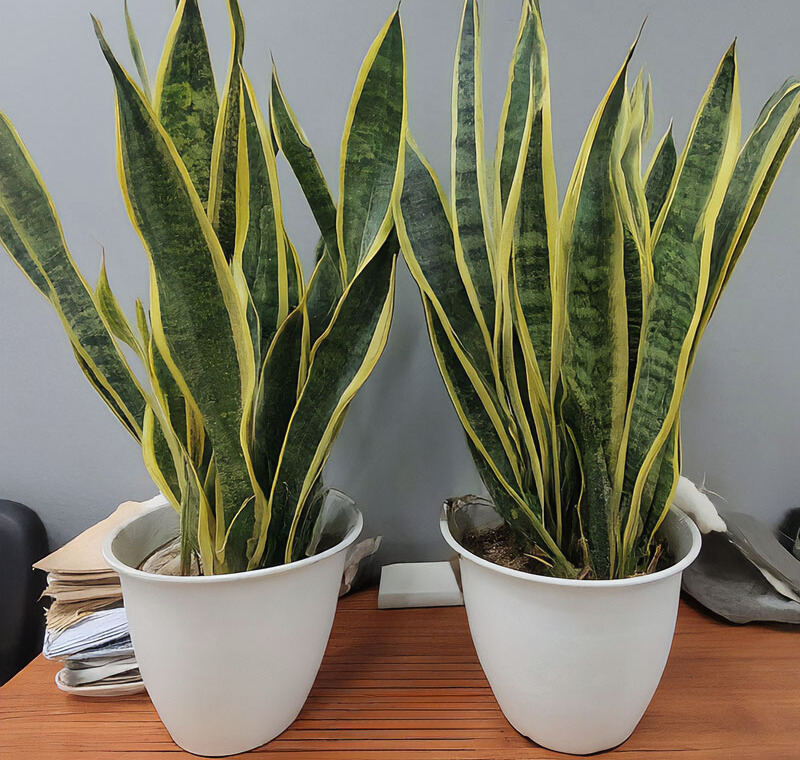
Negative aspects of snake plants
Every rose has its thorn, and every snake plant has its issues.
There is a mild poison called saponin in snake plants leaves and makes snake plant toxic to cats, dogs, and humans. If your pet eats a snake plant leaf, it may suffer from nausea, vomiting, and diarrhea. If you eat it by mistake, you will suffer from mouth discomfort and digestive discomfort.
Snake plants grow so slowly that you may not notice their changes at all.
It is better to know how much light the snake plant needs. It can indeed tolerate low light, but dark places can lead to leggy growth, and direct light will burn its leaves.
Overwatering snake plants causes trouble, like snake plant root rot and fungal infection. Don’t rush and let the snake plant soil dry between two waterings.

sources:

